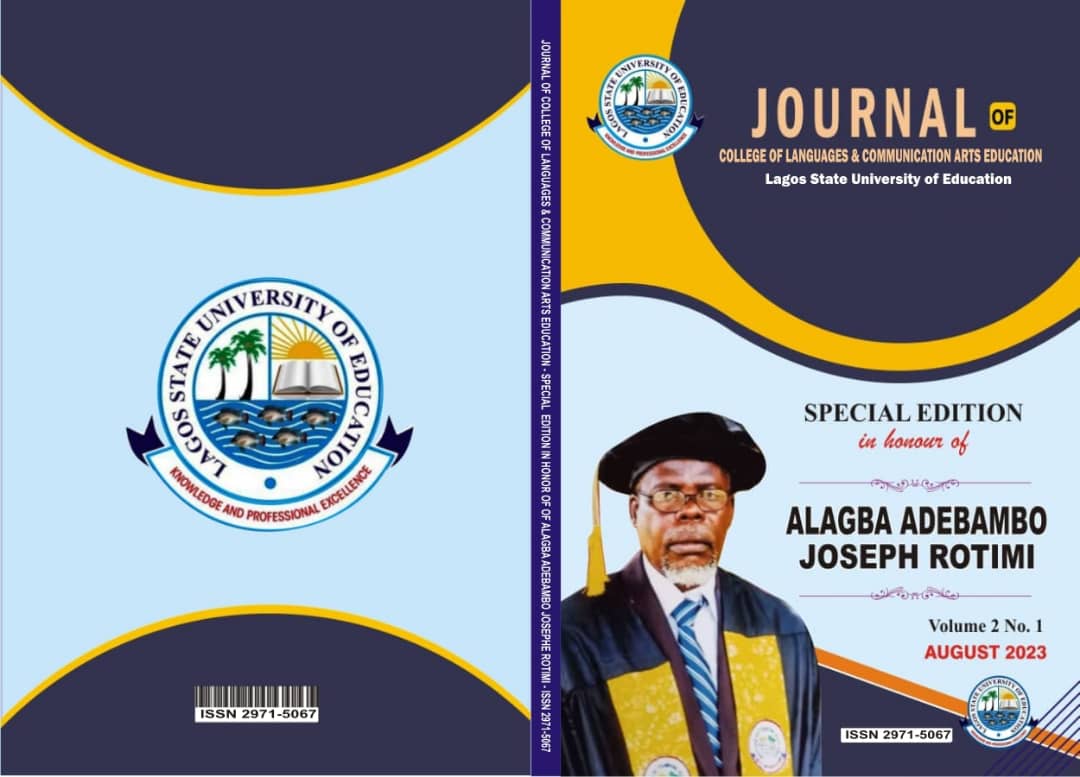Christian Faith: Its Impact on Indigenous Practices in Òkè-Ìlá Ọ̀ràngún up to 2000
Keywords:
Christianity, Culture, Development, Education, Indigenous practicesAbstract
By the mid-nineteenth century, Christianity had spread rapidly in Yorùbáland. In Yorùbáland, nay Òkè-Ìlá Ọ̀ràngún, Christian missionary organisations provided the foundation for the modern formal educational system. Indeed, Western education birthed a new elite that became influential in virtually all sectors of society, and that promoted the spread of Western culture. In Yorùbáland generally, and Òkè-Ìlá Ọ̀ràngún in particular, Christianity was able to establish a strong influence, introducing many new ways of looking at the world by destroying or modifying many aspects of indigenous practices. This paper investigates how Christianity got to Òkè-Ìlá Ọ̀ràngún vis-à-vis its impact on indigenous practices of the people. In doing this, the paper employs both primary and secondary sources of data. The paper, therefore, argues that retrieval and sustenance of the Yorùbá customs and culture would go a long way in solving some of the developmental challenges in Yorùbáland in general and Òkè-Ìlá Ọ̀ràngún in particular.

Downloads
Published
How to Cite
Issue
Section
License
Copyright (c) 2023 Journal of College of Languages and Communication Arts Education

This work is licensed under a Creative Commons Attribution 4.0 International License.

